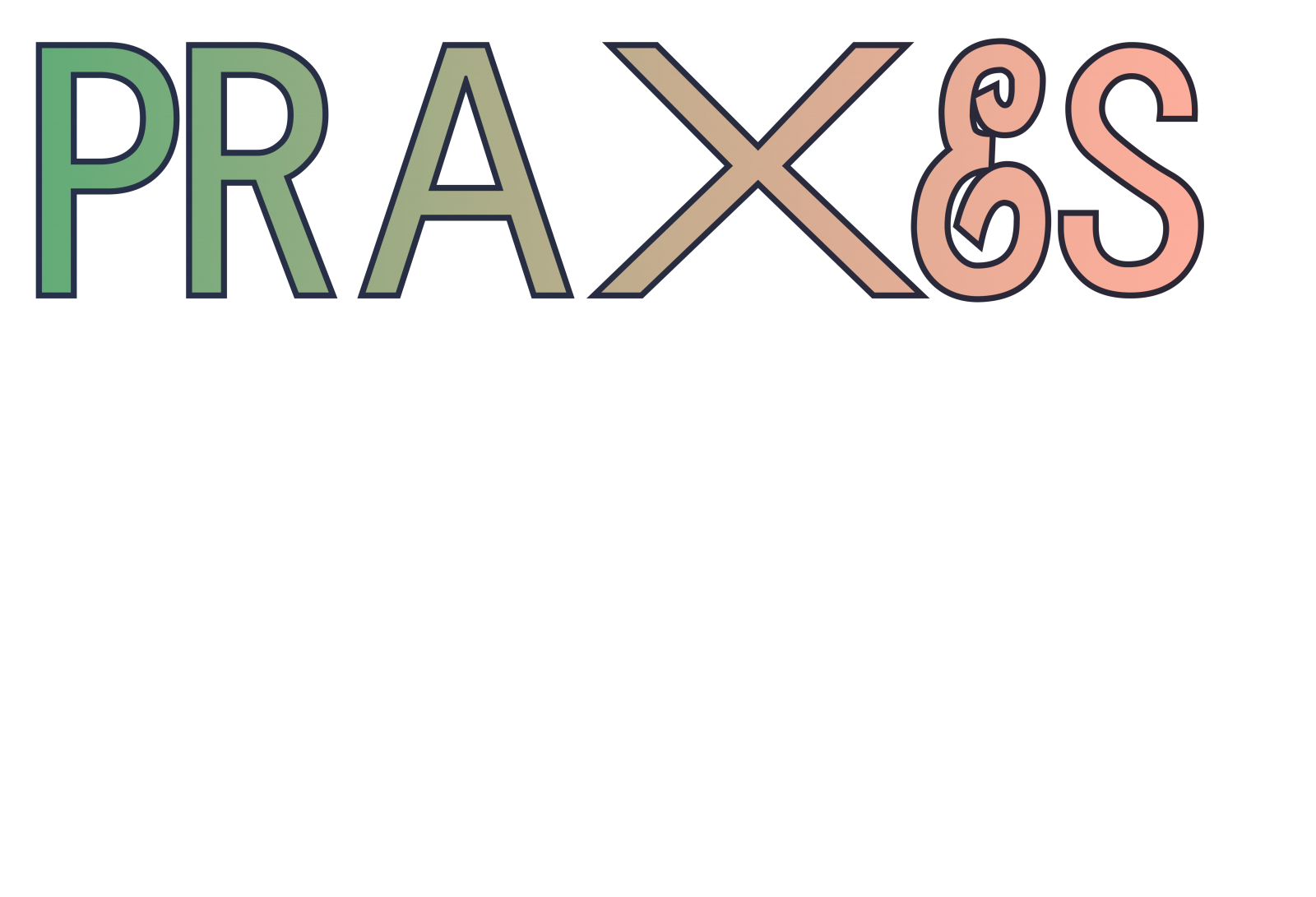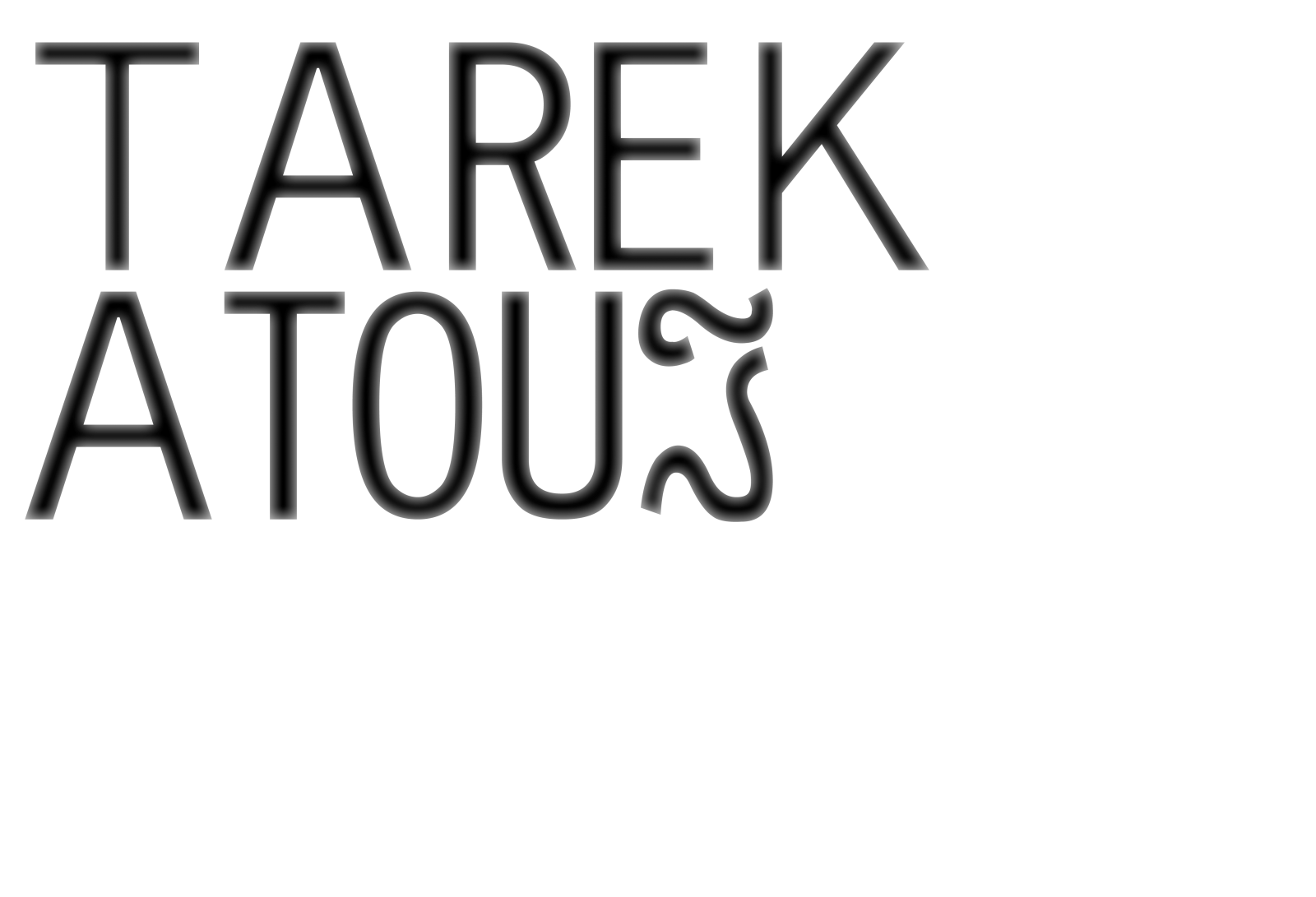Seminar 4.
Stefano Harney and Irit Rogoff
SEMINAR 4.
STEFANO HARNEY AND IRIT ROGOFF
How Not to be Accessed Thusly
28.9.2015
We are being ‘accessed’ in new and surprising ways that don’t always register as modes of governance. From big data, to euphoric cultural chatter to the supremacy of financial logics – at every corner our material realities, our subjectivities and our aspirations are enlisted as points of access for new levels of unconscious inscription and participation.
Taking our cue from Foucault’s deliberations on counter-conducts, on ‘the will not to be governed thusly, like that, by these people, at this price’ – this seminar moved the discussion to the forms by which we are accessed. The stories we are told and the stories we tell about cultural values, about fiscal values operated to mobilize us, inscribe us in larger narratives which subjugate us. The contention of this seminar presentation is the necessity to move from ‘expectations’ to ‘conditions’, understanding that much of the coercive/persuasive thought of governance takes place through the establishment of expectations which seemingly serve everyone well. While it is actually the need to think contingently from conditions that might allow us to produce counter conducts in the present.
In the first half of the seminar, Irit Rogoff led with Michel Feher’s essay ‘The Governed in Politics’ and its grounding in Michel Foucault’s text ‘What is Critique?’ to rethink the art organisation in/as governance, with specific reference to emergent arts institutions. Rogoff introduced, through her new essay ‘Starting in the Middle, NGOs and Emergent Forms For Cultural Institutions’ her proposal to defy being accessed through euphoric cultural rhetorics, and the importance of having collective spheres in which we can be sad together and feel not quite up to the task ahead, without giving up.
In the second half, Stefano Harney discussed the idea of being ‘accessed’ through the rise of logistics and the algorithm. Texts by Ned Rossiter (‘Coded Vanilla’) and by Rossiter and Soenke Zehle (‘The Aesthetics of the Algorithmic Experience‘ and ‘Mediations of Labor’) were used to consider the ways we ‘act in access’ and are enacted through logistics. The seminar then turned to another way of being accessed, through a discussion of empathy in Hortense Spillers in the film by Arthur Jafa and Kahlil Joseph, ‘Dreams are Colder than Death‘ where ‘blackness’ produced by the origins of modernity in the African slave trade is considered as a form of access and access denied.
SUGGESTED READING
Michel Feher, “The Governed in Politics”, in Nongovernmental Politics, ed. Michel Feher, Zone Books, New York, 2007.
Michel Foucault “What is Critique?”, in The Politics of Truth, ed. Sylvère Lotringer, Semiotext(e) Foreign Agents Series, Semiotext(e), 2007.
Judith Butler, “What is Critique? An Essay on Foucault’s Virtue”, 2001.
Irit Rogoff, “Starting in the Middle, NGOs and Emergent Forms For Cultural Institutions”, forthcoming in Public Servants: Art and the Crisis of the Common Good. eds. Johanna Burton, Shannon Jackson and Dominic Willisdon, New Museum and MIT Press, 2016.
Ned Rossiter, “Coded Vanilla: Logistical Media and the Determination of Action”, in The South Atlantic Quarterly, Duke University Press, January 2015.
Ned Rossiter and Soenke Zehle, “The Aesthetics of the Algorithmic Experience”, in The Routledge Companion to Art and Politics, ed. Randy Martin, Routledge, New York, 2015.
Ned Rossiter and Soenke Zehle, “Mediations of Labor: Algorithmic Architectures, Logistical Media and the Rise of Black Box Politics’, in The Routledge Companion to Labor and Media, ed. Richard Maxwell, Routledge, New York, 2015.
REFERENCES SHARED
Umberto Eco The Name of the Rose: A study of faithist critique: “what happens when ‘the simple’ get hold of the testament, now translated, and recognise that what is promised in the name of this subjugation has actually been corrupted through institutionalisation”. For Eco, this is the beginnings of European radicality and the genesis of critique.
Noam Chomsky and Michel Foucault in conversation, Eindhoven 1971: An example of the notion of interrogating the assumptions on which truth claims are based, rather than the truth claims themselves.
Professor Andrew Ross barred by United Arab Emirates, where New York University opened a new campus last year, after his criticism of the exploitation of migrant construction workers there.


